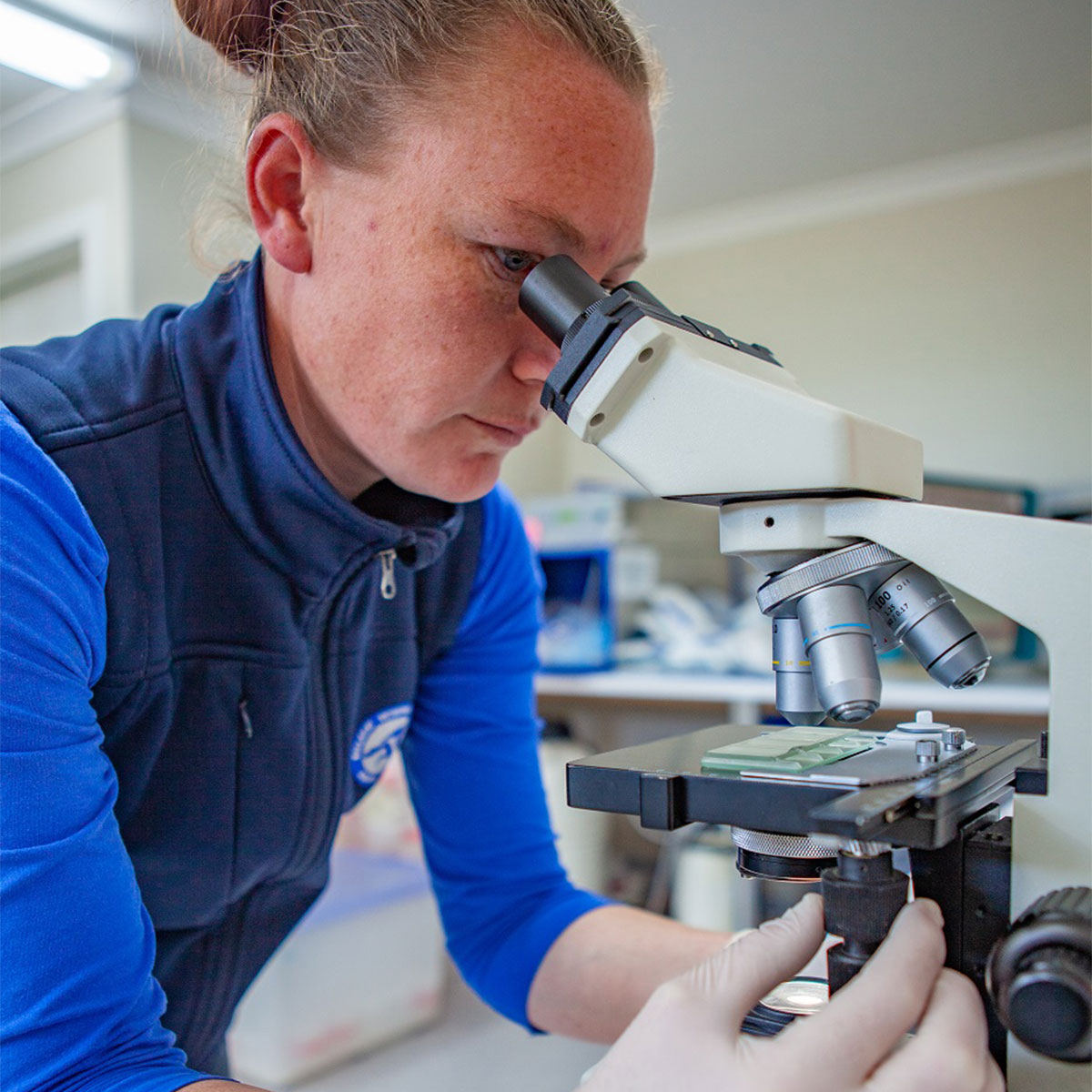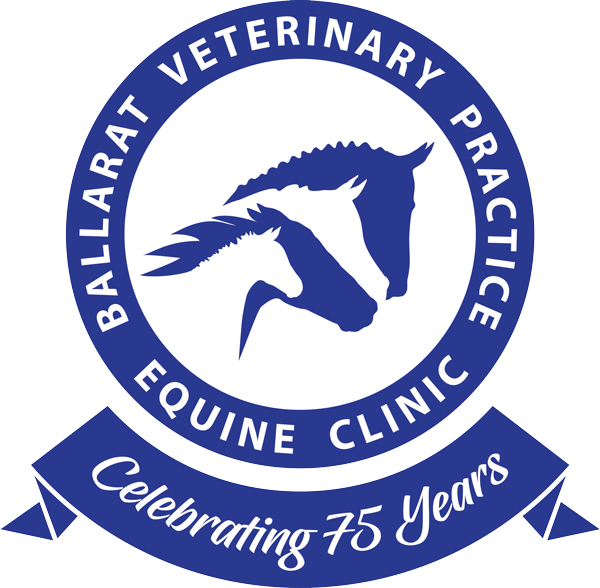Equine Laboratory Services
Jump to: Regenerative Medicine | PRP | Irap® Therapy

Our fully equipped in house laboratory enables us to gather comprehensive diagnostic information in a timely manner and provide the most appropriate treatment decisions for your horse’s care.
From pre-anesthetic blood tests and geriatric care to new born foals and the ongoing monitoring of our most critical patients, the support of our in-house laboratory service is crucial to optimal patient care.
With the latest technology at our disposal, regenerative medicine in the form of PRP and Irap® Therapy are also processed on site.
Regenerative Medicine
The introduction of regenerative therapies has been an exciting new development in the management of the equine athletes over the last decade. In the horse, the focus of regenerative medicine has centred primarily on the musculoskeletal system and the treatment of tendon injuries and joint disease. Regenerative medicine is also an area of ongoing research. There appears to be great potential for future applications across a broad spectrum of disorders.
PRP, Irap® Therapy and stem cell therapy are now being widely used in equine practice to amplify the body’s own healing capabilities in a targeted process that is well tolerated and relatively simple to prepare.
PRP
Platelet Rich Plasma or PRP is a regenerative therapy that utilises the body’s own repair mechanisms to help facilitate efficient healing. This treatment has been used by some of the world’s highest profile sports stars and is now also used extensively to treat soft tissue injuries in equine athletes.
When body tissues are injured, platelets are not only responsible for all important clotting they are also a potent source of growth factors which are critical in promoting the healing process
Ligament and tendon injuries are impeded by poor vascularistion which limits the natural availability of growth factors necessary for repair.
PRP therapy involves injecting injured tissue with plasma that has a higher than normal concentration of platelets. Upon contact with the injured tissue, the platelets release a myriad of growth factors which in turn play a significant role in the repair and regeneration of the site of injury. In this way, PRP therapy aims to amplify the body’s own natural healing process.
PRP is prepared on site at the Ballarat Equine Clinic.
Blood is collected from the equine patient and then it is centrifuged to remove the solid whole blood cellular components from the plasma which is then in turn incubated and filtered to increase the platelet concentration. This process results in ‘platelet rich plasma’ or PRP.
The resulting PRP is then directly injected into the site of injury in a sterile manner, in a similar fashion to a joint injection. The various growth factors that are subsequently released by the large number of platelets that are injected help to coordinate the repair of damaged tissues and promote healing.
Because PRP is derived from the horse’s own blood, this therapy is usually very well tolerated.
Whilst initially there may be some localised inflammation and pain, the risk of adverse effects is equivalent to other soft tissue and joint injections.
Irap® Therapy
Irap® Therapy is a biological regenerative therapy that is typically used to treat osteoarthritis and non-septic joint disease in horses.
When tissue cells are damaged, they release a number of proteins that lead to inflammation and pain. These proteins are collectively known as inflammatory cytokines. When the release of inflammatory cytokines is unchecked, further cell damage often results. It is this spiral of cell damage, pain, inflammation and further cell destruction that is responsible for the progressive nature of inflammatory conditions such as synovitis and osteoarthritis.
Interleukin 1 (IL-1) is the main inflammatory cytokine that is implicated in the destruction of joint cartilage in equine arthritis and inflammatory joint disease. IRAP therapy aims to neutralise this protein by amplifying the body’s own Interleukin-1 receptor antagonist protein (IRAP). Interleukin-1 receptor antagonist protein prevents IL-1 from binding to IL-1 receptors on tissues within the joint. In this way IL-1 Receptor antagonist protein blocks the action of Interleukin 1 and limits the damage it causes in inflamed joints.
Like PRP Therapy, Irap® Therapy is prepared from the horse’s own blood. Approximately 50mls of blood is collected into a syringe that contains chromium-soaked beads. Essentially the process involves amplifying the production of the horse’s Interleukin-1 receptor antagonist protein by the white blood cells collected within the sample. After being incubated for 20 hours, the sample is centrifuged and the IRAP containing serum is filtered. This process increases the concentration of IRAP up to 140-fold. The serum is divided into several doses which are frozen until required. One blood collection can produce enough serum for 6-8 injections.
IRAP is typically injected into the affected joint once every 7-10 days for 3-5 treatments. Any remaining doses can be used at a later date on an as needed basis.
IRAP Therapy is ideal for horses with joint injuries, post arthroscopy and for horses with synovitis, or mild to moderate osteoarthritis.
It is non swabable, well tolerated and prepared and administered on an outpatient basis.
